Ireland leads the way on transgender rights legislation
- Published
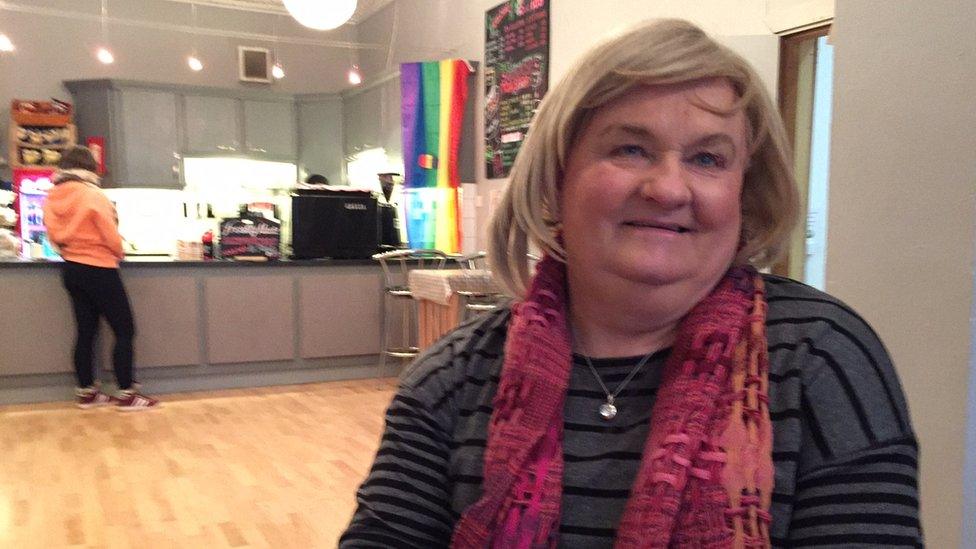
Claire Farrell said the changes introduced by the government were "huge"
A report from MPs, external on Thursday said the UK had a long way to go before transgender people achieve equality.
Among their recommendations was that people should be able to declare which gender they are, regardless of what doctors or anyone else says.
It is the sort of thing that already happens in the Republic of Ireland.
Claire Farrell is 71 and from Dublin.
She has worked all her life as a man, but she has always felt like a woman.
She has battled for the Irish government to accept her gender and last year ground-breaking legislation was introduced which allowed her and any trans person to legally decide their gender simply by filling out a form, without medical or state interference.
"For me the changes are huge. The state now has to accept me in the gender I have always wanted to be. It means that when I leave this world I will leave it as Claire and to me that is very important," she said.
It took a legal challenge to the European Court of Human Rights to force the Irish governments to draft new legislation, but once the process started it went even further than many could have hoped for.
The Irish minister who pushed the legislation through said continuous dialogue with the trans community was at the heart of the changes.
Kevin Humphreys, who is a minister of state in the department for social protection, said he had over 100 meetings, but the end result is legislation that is some of the most progressive in the world.

Sam says it was really a big deal for him to see on paper that the government was recognising him as a man
He said even though work on the gender recognition bill was under way at the same time as the marriage equality referendum, that took the attention of opposition groups.
He said the truth is, once those who did oppose it really understood the issues facing the trans community, the opposition faded away.
Mr Humphreys said: "When we started on this path lots of that conservative opposition melted away when they heard the real stories of how it had impacted on them, their families and children."
Sam Blanckensee is a 22 year old veterinary nursing student.
'Problems'
He said it was a big deal for him to see on paper that the government was recognising him as a man.
He said the changes mean young people won't have to go through the problems he went through as a young person discovering his own gender.
"A young person will now to be able to show a birth certificate that matches how they feel, without having to talk about the fact that they are trans," he said.
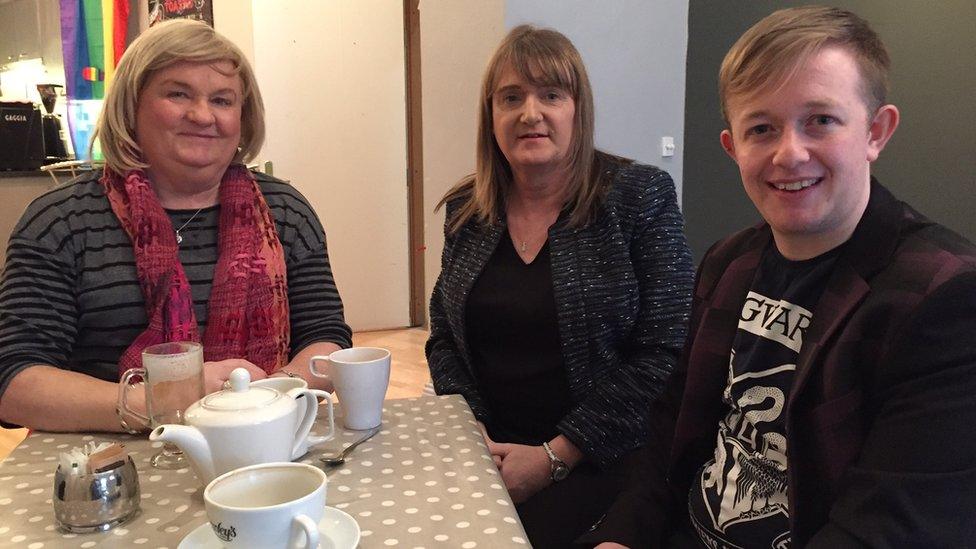
Sara Phillips (centre) said the legislation had made life much better for Ireland's trans community
"They can literally just show a piece of paper and not be asked all the awkward questions I was asked."
The process has been made simple, you download an application form and you fill it out. Post it off and five to six days later you will receive your gender recognition certificate.
There are no medical, psychological or bureaucratic requirements for people 18 and over. The government says provision is made for younger people, although there are calls for the age to be lowered to 16.
Sara Phillips, who is chair of Transgender Equality Network Ireland (TENI), said the legislation has made life much better for Ireland's trans community.
She points out that this is all about legal definitions and is separate to the medical transitions.
"If you wish to medically transition, you will go through the healthcare process because not every trans person will want to transition medically and therefore they should not be denied their legal recognition," she said.
Despite the sea change in Irish society, conservative voices do remain.
Senator Jim Walsh was outspoken against same sex marriage and has some advice for UK legislators who have been presented with recommendations for the UK to follow the Irish route.
"They should look at the research, not totally accept in an uncritical way the advocacy of LGBT (lesbian, gay, bisexual, and transgender) groups or feminist groups who have their own ideological agenda in many instances," he said.
But Sam has a very different view: "We have come so far. It is great that the UK has taken note of what we have done and can now shape new and even better legislation for the trans community in the UK."
- Published14 January 2016
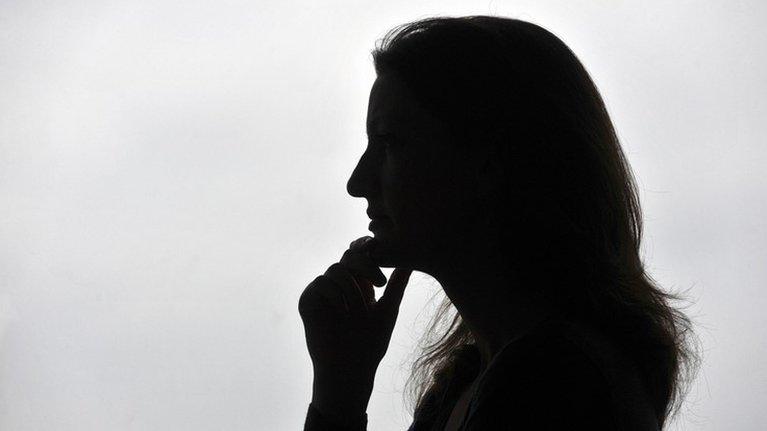
- Published13 January 2016
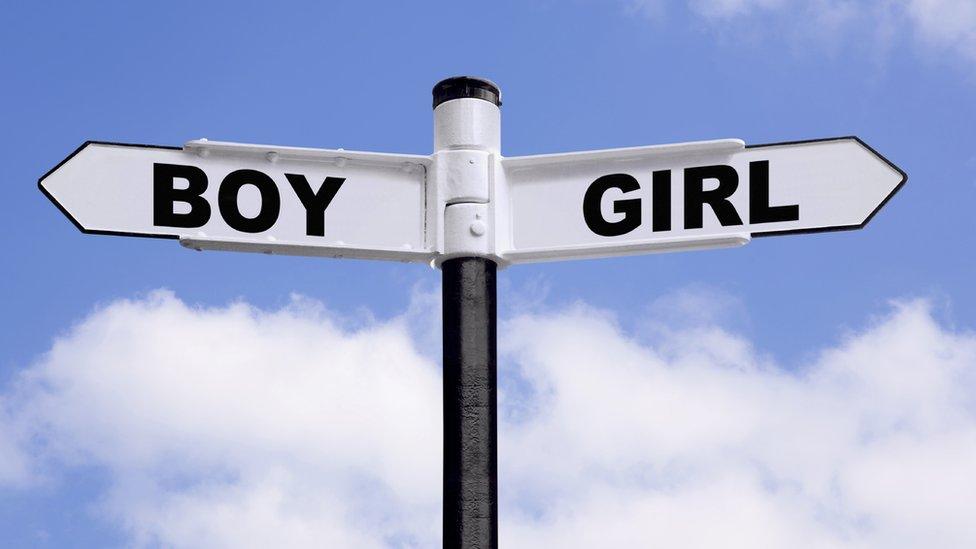
- Published2 January 2016
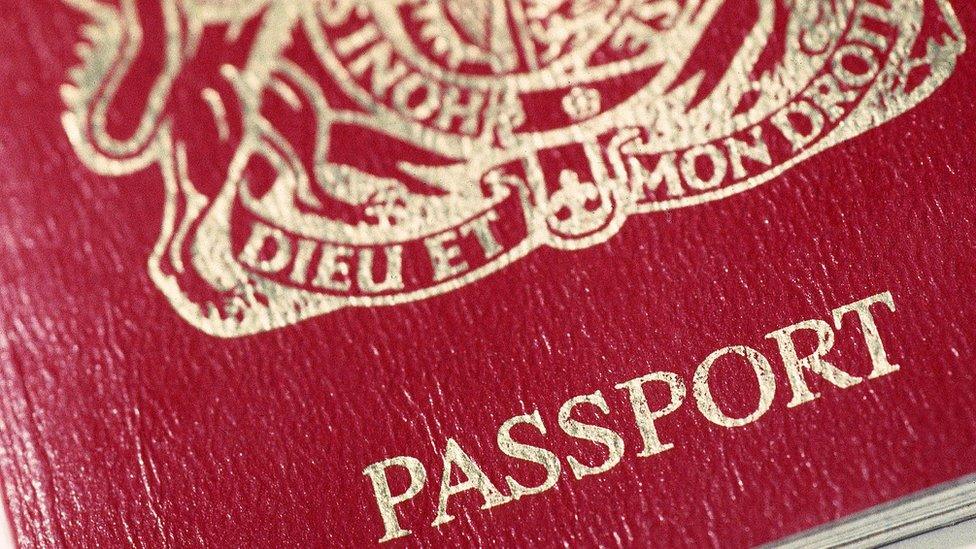
- Published3 December 2015
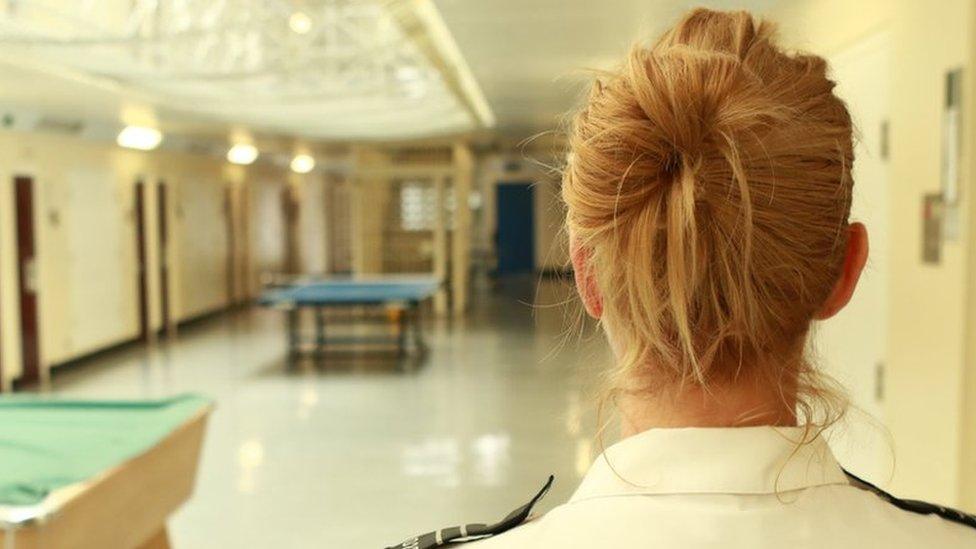
- Published3 June 2015
